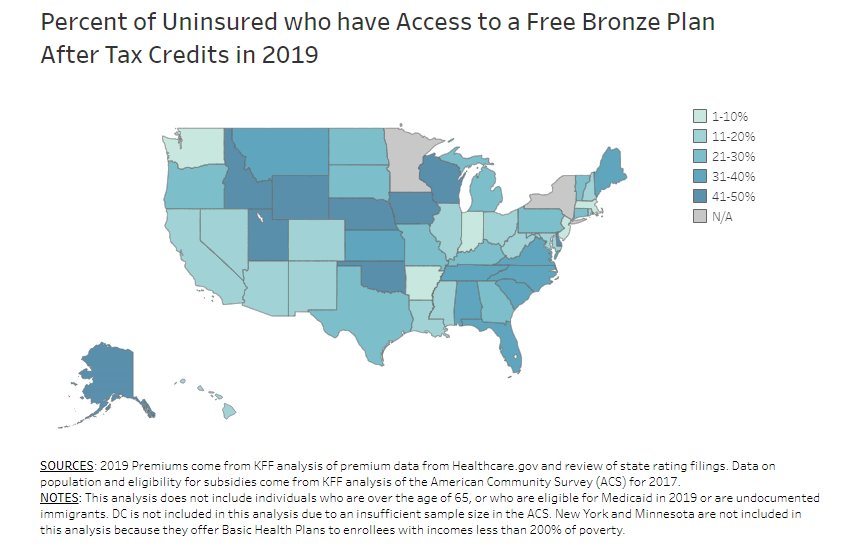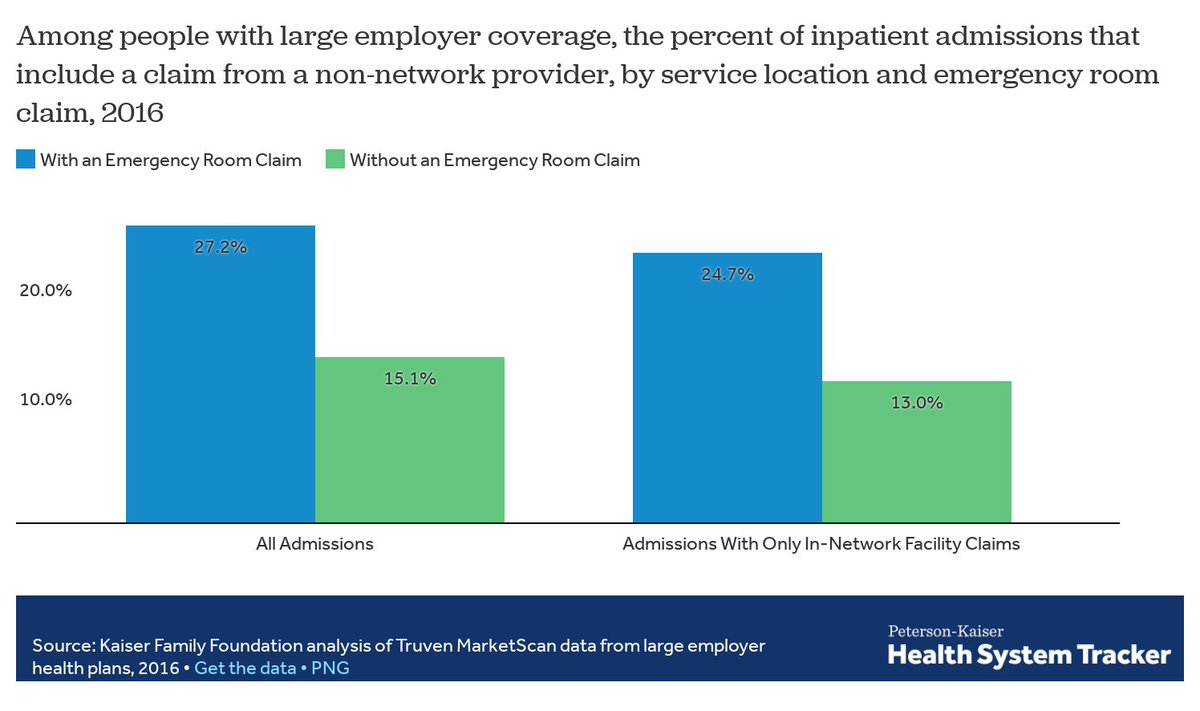
Does Biden’s presidential win make the ACA (#Obamacare) more likely to survive tomorrow’s Supreme Court case?
Only marginally, and it would all come down to Georgia.
Here's why: (1/7)
Only marginally, and it would all come down to Georgia.
Here's why: (1/7)
2/ The Trump Admin is arguing in court that the ACA should be struck down. A Biden Admin would change positions to defend the law.
But the Trump admin’s exit has no effect on the plaintiffs in the case – 18 Republican-led states + two individuals – who aren’t backing out
But the Trump admin’s exit has no effect on the plaintiffs in the case – 18 Republican-led states + two individuals – who aren’t backing out
3/ There’s nothing administrative that Biden can do unilaterally as president to reverse the course of the ACA case. Biden can’t simply issue an executive order and make it go away. This case is now up to the largely conservative SCOTUS to decide.
4/ No one knows how SCOTUS will rule, but a Democratic Congress could moot the case by passing a legislative “fix,” which President Biden could sign into law. That "fix" would be to 1) set a small mandate penalty, 2) add severability language, or 3) kill the mandate altogether.
5/ But passing one of those fixes would require a Dem majority in the House and Senate. So far, Dems hold the House, but the Senate is split 48-48 with 4 seats left. If Dems win at least 2 of the 4 seats, they'll have 50 votes, with Kamala Harris as VP to be a tie-breaker.
6/ Given Senate results so far, it’s looking like those 2 Dem seats would need to come from Georgia’s two run-off elections (and they will be tight). A few thousand votes in GA could end up deciding the fate of ACA and health insurance coverage for millions.
7/ If SCOTUS rules against the ACA, with no replacement plan in place and no legislative "fix" to moot the case, what happens next would be up to a Dem-controlled House and R-controlled Senate to figure out. Meanwhile, the health system would be thrown into chaos mid-pandemic.
• • •
Missing some Tweet in this thread? You can try to
force a refresh





